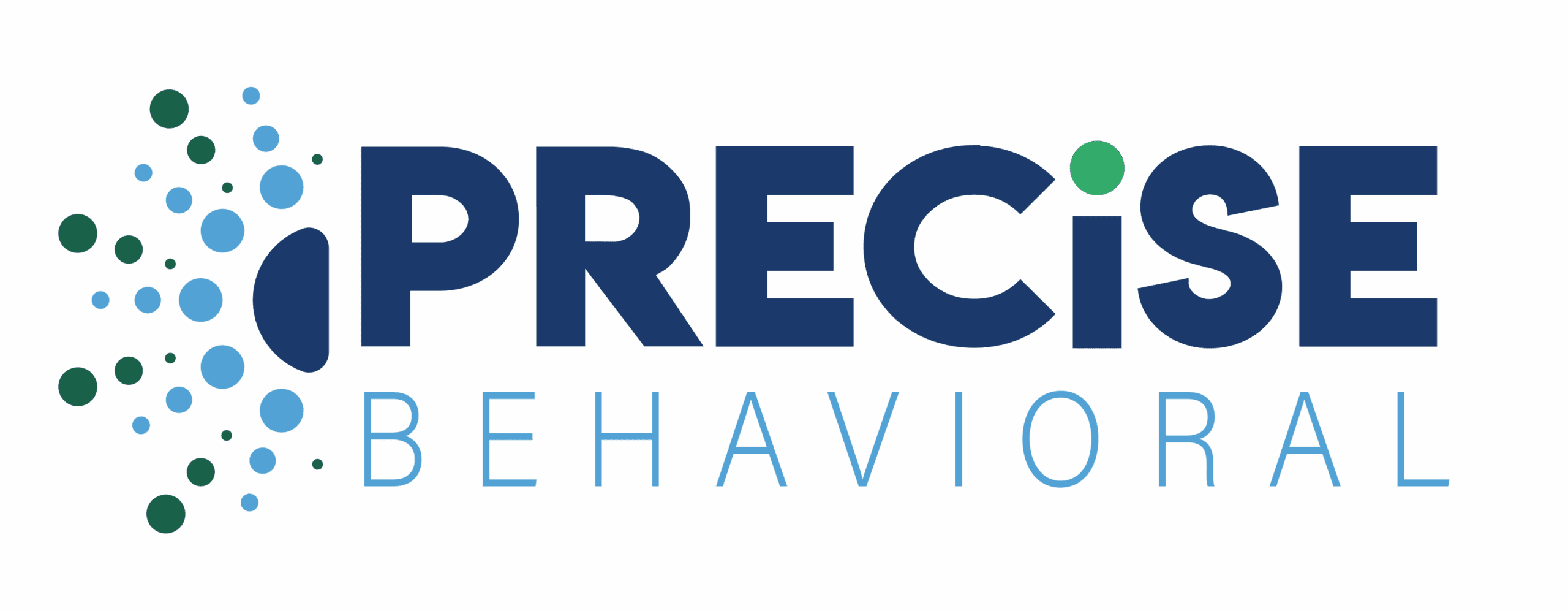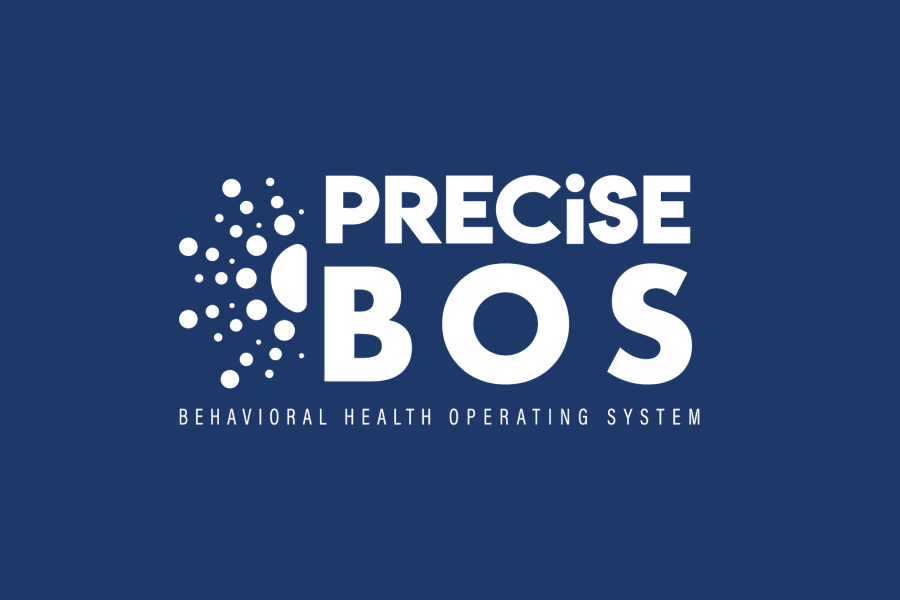How Data Is Helping Mental Health Catch Up
Using Data to Improve Patient Outcomes in Mental Health Care
For a long time, mental health care relied too much on guesswork. People deserve better, and now, they’re finally getting it. Mental health can feel unpredictable, as if the decline of our mental stability happens overnight. However, there are many contributing factors, early signs, and symptoms that can be monitored and are useful to predict changes in mental health. There are also clear and measurable ways to track progress and evaluate treatment success once mental health issues are recognized.
Good data doesn’t replace human connection; however, it empowers the connection to be more focused and effective. Humans have the capacity to misread cues, miss emotional signals, or bring unconscious biases into care. Mental health care has often lagged behind physical health care in the effective use of data. Now, we finally have the tools to collect meaningful insights that help identify, monitor, and treat mental health conditions with greater accuracy, consistency, and impact.
Precise Behavioral Health uses data to personalize care, anticipate needs, and improve outcomes across the board. Today, by relying on real insights rather than assumptions, we help people feel seen, understood, and supported more effectively than ever before. Accurately reading cues and signs to make a diagnosis and establish a treatment plan is just as important in mental health care as it is in physical health care. Recording the data and utilizing smart analysis to help guide the interactions reduces the mistakes and misses that might have happened previously without the help of AI. Our model reflects a shift in digital mental health by mixing data with timely care. We continue to prioritize human-to-human compassionate care, and we level up with the use of data to ensure as much accuracy and attention to detail as possible.
Why Mental Health Fell Behind
What We Don’t Measure, We Miss
Historically, mental health care has relied on self-reported symptoms, often recalled weeks or months after they occur. This lackadaisical approach to documentation has made it difficult to stay aligned with what a person is experiencing in the present moment. Without real-time methods to track emotional health, providers often had to rely on what patients could recall or communicate. Without present insights, important signs were missed, and problems could escalate. This led to delayed care, missed crises, and treatments that were often too generalized to meet individual needs. Data allows us to identify issues early, adjust treatment promptly, and monitor genuine progress over time.
Feelings can be difficult to measure and easy to overlook. While physical health benefits from charts, tests, and wearable technology, mental health has traditionally been limited to, “How are you feeling today?” We now understand that some measurements used to detect physical health issues can also provide valuable insights into mental health.
Precise is committed to advancing the use of this data to improve both mental and physical well-being through online behavioral health tools and tracking methods.
The Power of Everyday Data
Little Details, Big Differences
By carefully tracking the small indicators in our daily life, we can identify potential problems before they escalate into crises. Many physical health issues begin with mental health symptoms that go untreated or are not addressed. These baseline monitoring systems enable the tracking of changes over time. Other information can be collected beyond the raw data of the reported mood itself. For example, an increase in missed check-ins may signal rising anxiety.
If you track your sleep patterns, energy levels, and engagement trends, you might detect a decline in sleep quality that can predict the onset of depressive episodes. Addressing sleep issues early in the course of preventative mental health care can save time, energy, financial resources, and may even prevent suicide. Tracking small behavioral and mood reports reveals patterns that are unique to each user. Over time, when synced with their treatment, this data can show when progress is being made or when adjustments are necessary. With the right tools, small insights build a big-picture view of health. Real-time tracking enables providers to identify warning signs early, allowing patients to receive support before reaching a crisis point.
Personalizing Care in Real Time
No More “One-Size-Fits-All” Therapy
Data enables us to match the right interventions to the right individuals and deliver care more quickly than traditional methods. The patient’s reported symptoms create data, and their engagement over time is analyzed for patterns that produce data. This data then helps us determine the most appropriate treatment approach. We can transition into more intensive care or assist in finding outpatient services alongside app-based support. Smart insights drive customized care plans. Whether that’s a text nudge, a new therapy style, or faster access to crisis support, we intervene based on the user’s reported needs. Depending on the issues they are facing, such as a diagnosis from the DSM provided by their treating physician, we tailor content and coaching styles to best support their current needs.
Every person’s journey is unique, and by prioritizing individualized care paths, treatment can be tailored to each user. Each person experiences anxiety, ADHD, depression, and trauma differently. Data tools allow care to adapt to how someone struggles, not just the label they carry.
How Precise Behavioral Health Turns Data Into Action
From Numbers to Real-World Change
We build systems that gather current data to empower both patients and providers. For the patients, Precise continually develops innovative ways to be an engaging and motivating platform to log mental health data. Personalized progress reports and features that highlight their achievements help maintain motivation. Patients receive notifications and incentives to engage with the app on their own schedule, allowing us to monitor their mood and stress levels. These tools are part of a larger shift toward psychiatric telehealth, helping patients access timely support from wherever they are. We also track industry-standard assessments like the PHQ-9 and GAD-7 to measure depression and anxiety symptoms. These validated tools allow us to understand a patient’s current mental state and adapt care in real-time. On the provider’s side, smart alerts notify clinicians when patients show early signs of struggle. Through the use of AI, we have designed a system to support providers in catching patients who are at risk and reaching out to them to prevent anyone from falling through the cracks. Our focus is on exchanging data that empowers users to pursue better health and on supporting providers in addressing their patients’ needs.
Why Business Leaders Should Care About Smarter Mental Health
Better Support, Bigger Impact
Personalized care improves engagement, reduces crises, and increases satisfaction. Data-driven mental health care lowers hospitalizations, absenteeism, and turnover. It also builds resilience in communities, schools, and companies. Businesses that support data-powered care create measurable value for their clients and the greater community. Partnering with Precise Behavioral Health demonstrates a commitment to real, effective solutions.
Sources:
Hickman, Robert et al. “Monitoring Daily Sleep, Mood, and Affect Using Digital Technologies and Wearables: A Systematic Review.” Sensors (Basel, Switzerland) vol. 24,14 4701. 19 Jul. 2024 https://pubmed.ncbi.nlm.nih.gov/39066098/
Written by Emily Yi (Clinical Social Work/Therapist, LCSW), Kirsten Guiliano (LCPC, LMHC), and Greta Baker



